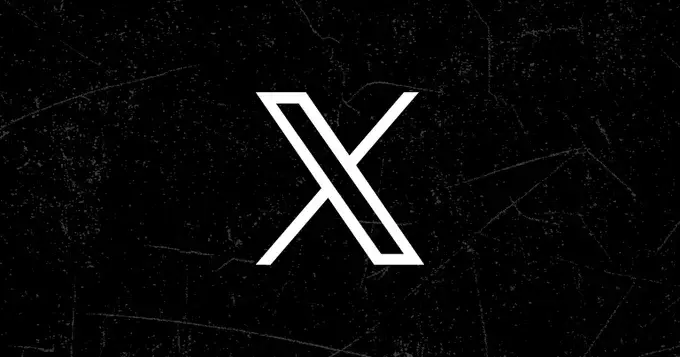The intersection of technology and governance has become a heated battleground, epitomized by Elon Musk’s social media platform, X. While the platform champions itself as a bastion of free speech, recent events, particularly in Turkey, reveal a troubling trend: the selective suppression of dissent under the guise of compliance with government regulations. As Turkey’s government intensifies its crackdown on opposition voices, X has suspended numerous accounts linked to dissenters, further complicating the already fraught environment of civic discourse. This is less a matter of safeguarding free expression and more a demonstration of how powerful tech entities maneuver in authoritarian spaces for their own survival and profit.
X’s underlying decisions on whether to meet government requests for account removals reveal a troubling priority: the preservation of operational existence trumps any commitment to the principles of free speech. Musk’s choice to comply with Turkish authorities, especially after the controversial arrest of Istanbul’s Mayor Ekrem İmamoğlu, not only exacerbates local unrest but also underlines a troubling reality about how digital spaces are governed in a world increasingly dominated by corporate interests. The question looms: when does a platform cease to be a facilitator of public discourse and why does its compliance lean towards suppressing meaningful opposition?
The Illusion of Digital Activism
Understanding the implications of X’s actions in Turkey starts with the accounts being suspended. Predominantly, these accounts belong to opposition leaders and grassroots activists who aim to disseminate crucial information about protests and civic engagement efforts. The irony lies in the fact that their digital footprints are often limited, with follower counts ranging in the low tens of thousands. The brutality of this situation is indicative of a broader tactic used by authoritarian regimes to choke off avenues for dissent, thereby minimizing their reach and impact before they can manifest into organized opposition.
Yusuf Can from the Wilson Center’s Middle East Program articulates a chilling reality that accompanies this suppression: it manifests the state’s desire to tightly control the narrative. Here, X operates as a double-edged sword, promoting free speech while simultaneously inhibiting it under the pressures of a governmental machine that increasingly prioritizes power maintenance above all else. This digital suppression becomes a tool for authoritarian regimes, serving not just to silence individual activists but to undermine the very fabric of civic discourse necessary for a healthily functioning democracy.
Business Interests Over Ethical Imperatives
The nexus between business interests and ethical governance is glaring in Musk’s stances across various geopolitical landscapes. In Turkey, we see a clear trade-off—suppress dissent in exchange for maintaining access to a lucrative market for Tesla and Starlink business ventures. This compromises the integrity of the platform while raising serious concerns about the ethical considerations that should guide corporate governance.
Take Brazil, for instance, where X faced a temporary ban for refusing a court order, leading Musk to vocally resist governmental overreach, as if the stakes were substantially higher. This inconsistency in approach starkly contrasts with Musk’s calculated compliance in Turkey. The compelling question persists: should corporate entities ride the waves of ethical governance, or does the allure of profit lead them into murky waters where principles are merely optional?
In stark contrast lies India’s regulatory environment, which Musk has passionately confronted through the courts. This displays a willingness to challenge local censorship measures and suggests that economic imperatives can be disregarded when the platform stands to prove itself in a different light. How can a business operation afford to play both sides of the fence, demonstrating valor in one nation while opting for compliance in another?
Redefining Power Dynamics
The actions of X create a disillusioning reality about the platforms supposedly safeguarding our rights to free expression online. What we witness is the dark underbelly of digital connectivity; the erosion of democratic values in favor of corporate alignment with authoritarian entities is undeniable. This schism raises important concerns about accountability—who holds these powerful entities responsible when their compliance results in widespread censorship?
The stakes have never been higher. As we navigate through uncertain political and digital terrains, it is imperative to critically assess how the platforms we utilize shape our understanding of civic rights and responsibilities. The challenges facing free speech in a context of increasing corporate governance are complex, yet they are amplified by the choices made by figures like Musk at the helm of influential platforms. As users, activists, and citizens rooted in liberal democratic values, we must remain vigilant against complacency and demand accountability to protect the foundational tenets of free expression in the digital age.









Leave a Reply